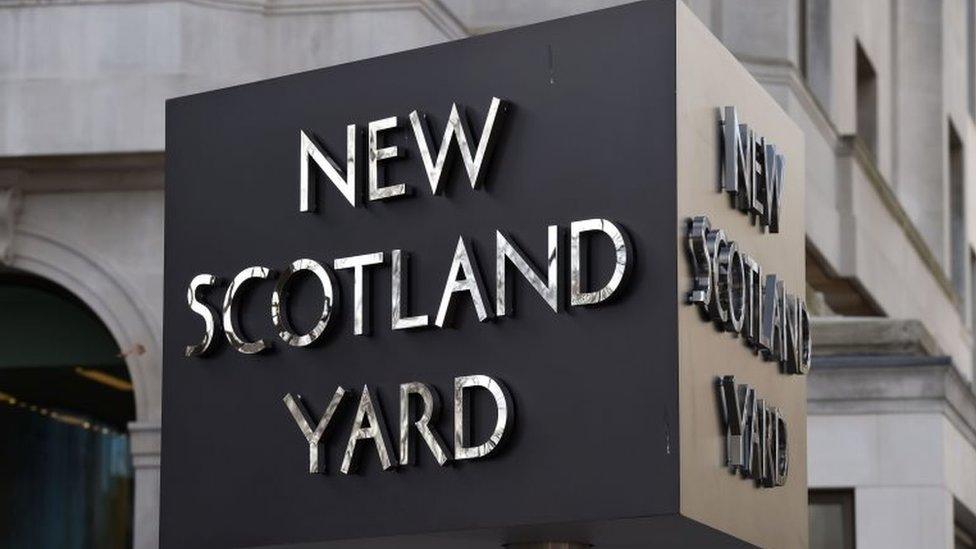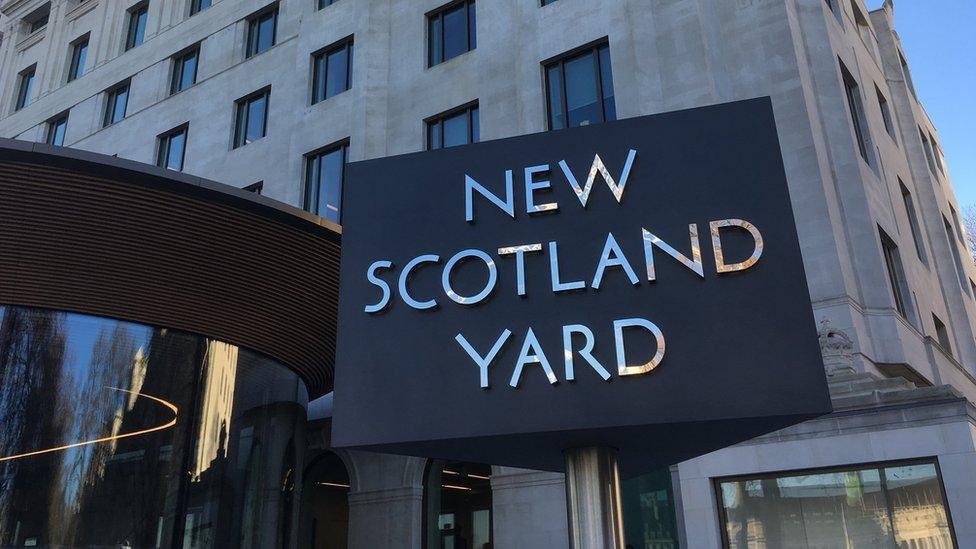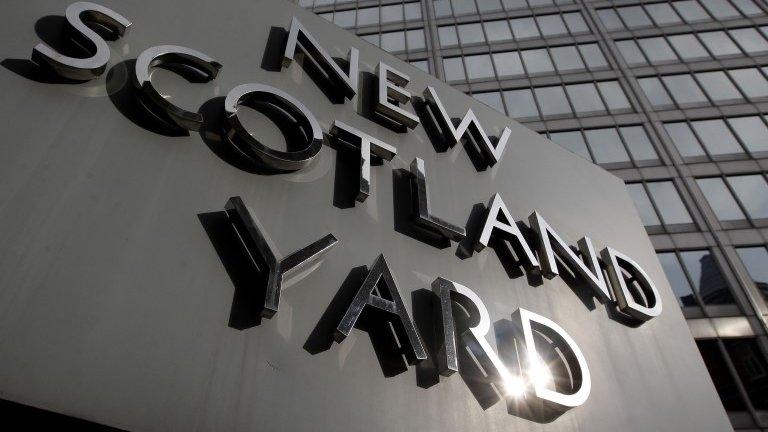Judge rejects calls to identify undercover officers
- Published

The judge chairing the public inquiry into undercover policing has rejected calls for the early release of "cover" names used by covert officers.
Criminal justice campaigners taking part in the inquiry said they needed to know the names undercover police used.
This was so they could establish if they had been spied on or were victims of inappropriate police practices.
They said cover names should be disclosed within 28 days unless the officers asked for them to be withheld.
Lord Justice Pitchford said it should be a "priority" to reveal cover names but declined to make a formal court order, saying that - although the Metropolitan Police had taken longer to disclose names - they had acted in good faith.
"While I have been critical of the performance of the Metropolitan Police Service, I do not consider that the assumption of deliberate delay is justified," he said.
He added: "The early release of cover names, where that can be achieved without significant risk of harm or damage, should be a priority for the inquiry."

Undercover inquiry: The key allegations
Miscarriages of justice
Sexual relationships with women they were targeting
Using false identities taken from dead babies and children
Claims the campaign supporting Stephen Lawrence's family had been infiltrated

He said the grounds for the early release of cover names included - when they were already in the public domain, when they would not be associated with the real name and personal details of the officer and where there was only a slight risk of significant harm if the real name was to be exposed.
The judge also agreed to a police request for more time to assess whether officers who did covert work for the force can be named, but warned that "further shortcomings" in the process might lead the inquiry to change its approach.
- Published5 April 2017

- Published12 March 2015
